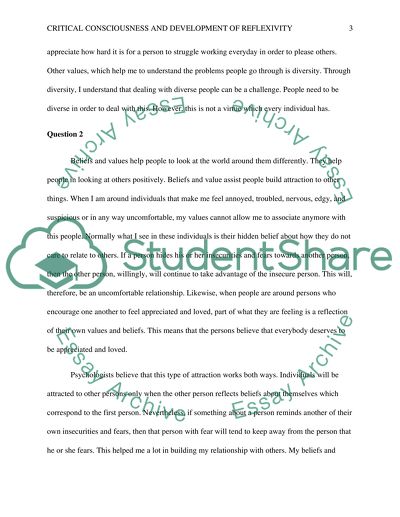Cite this document
(“Critical Consciousness and the Development of Reflexivity Essay”, n.d.)
Retrieved from https://studentshare.org/sociology/1457664-critical-consciousness-and-the-development-of
Retrieved from https://studentshare.org/sociology/1457664-critical-consciousness-and-the-development-of
(Critical Consciousness and the Development of Reflexivity Essay)
https://studentshare.org/sociology/1457664-critical-consciousness-and-the-development-of.
https://studentshare.org/sociology/1457664-critical-consciousness-and-the-development-of.
“Critical Consciousness and the Development of Reflexivity Essay”, n.d. https://studentshare.org/sociology/1457664-critical-consciousness-and-the-development-of.


